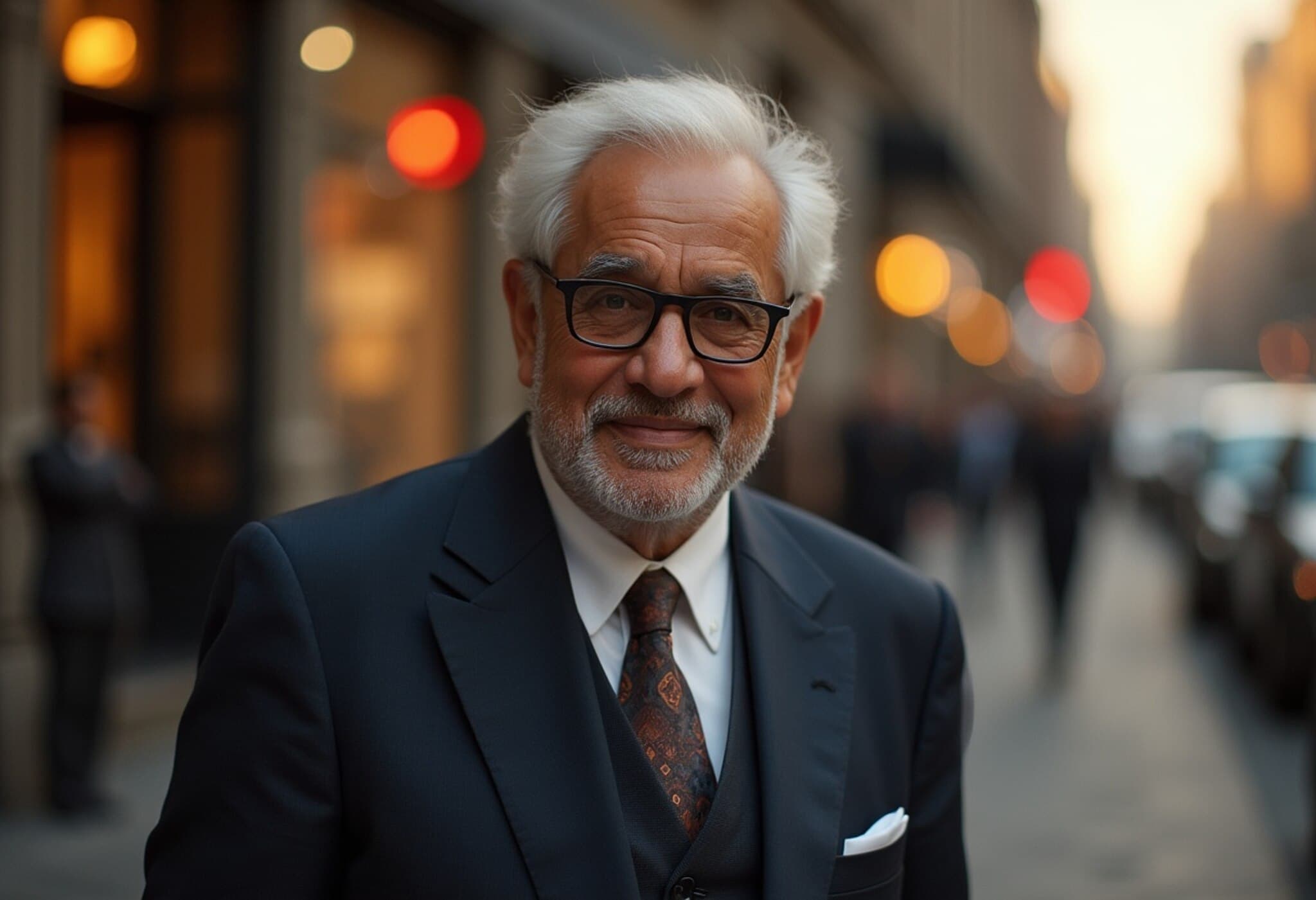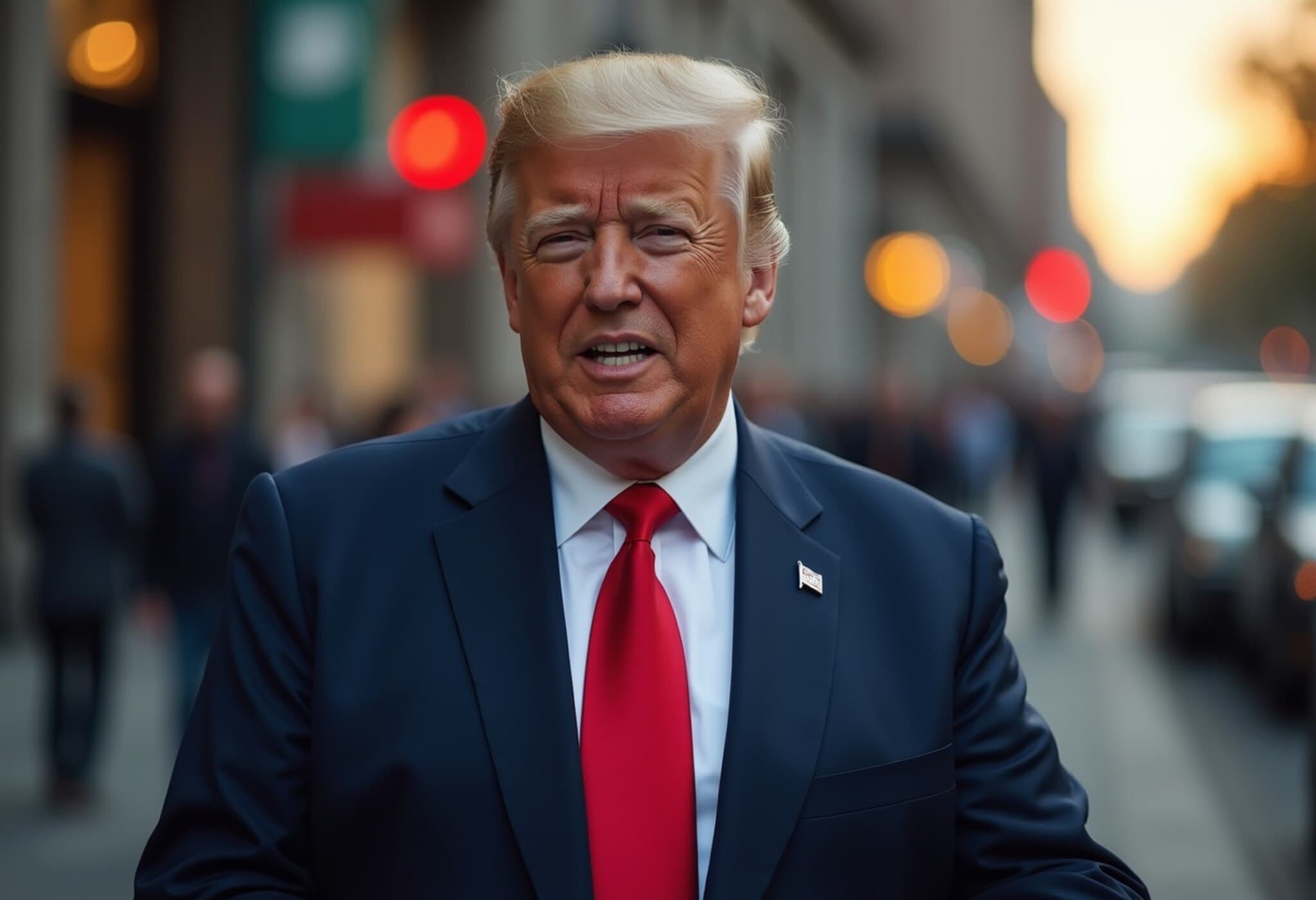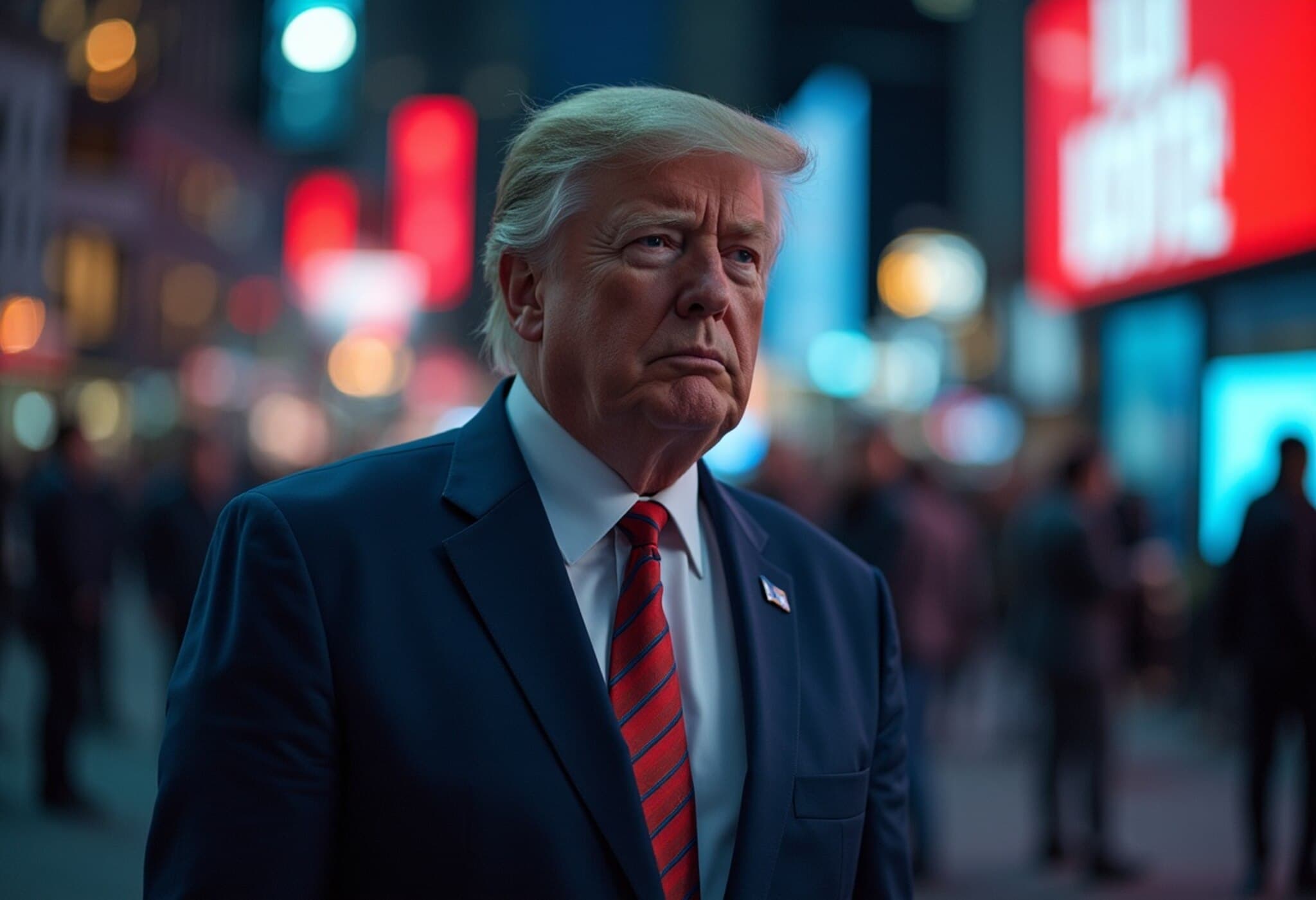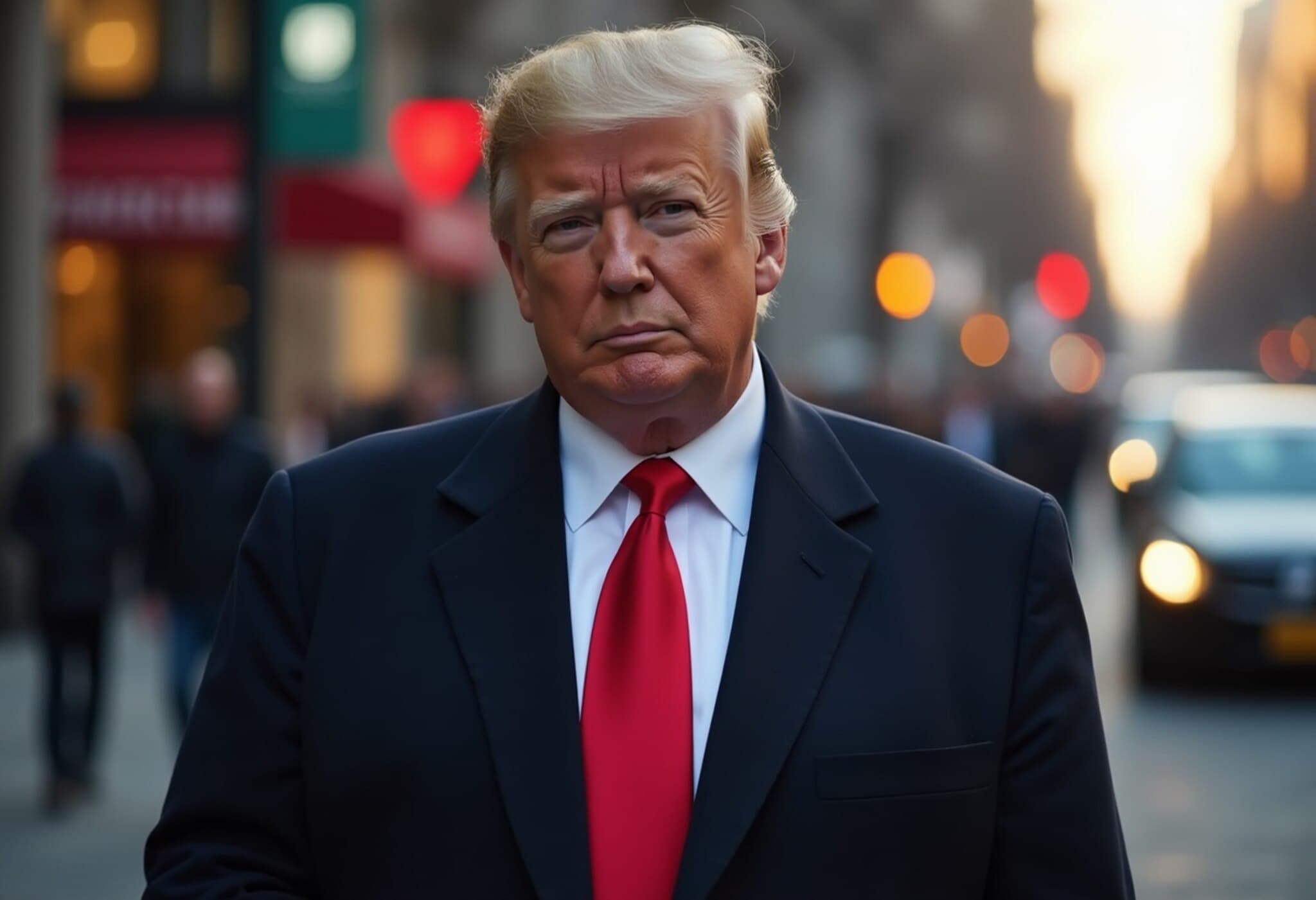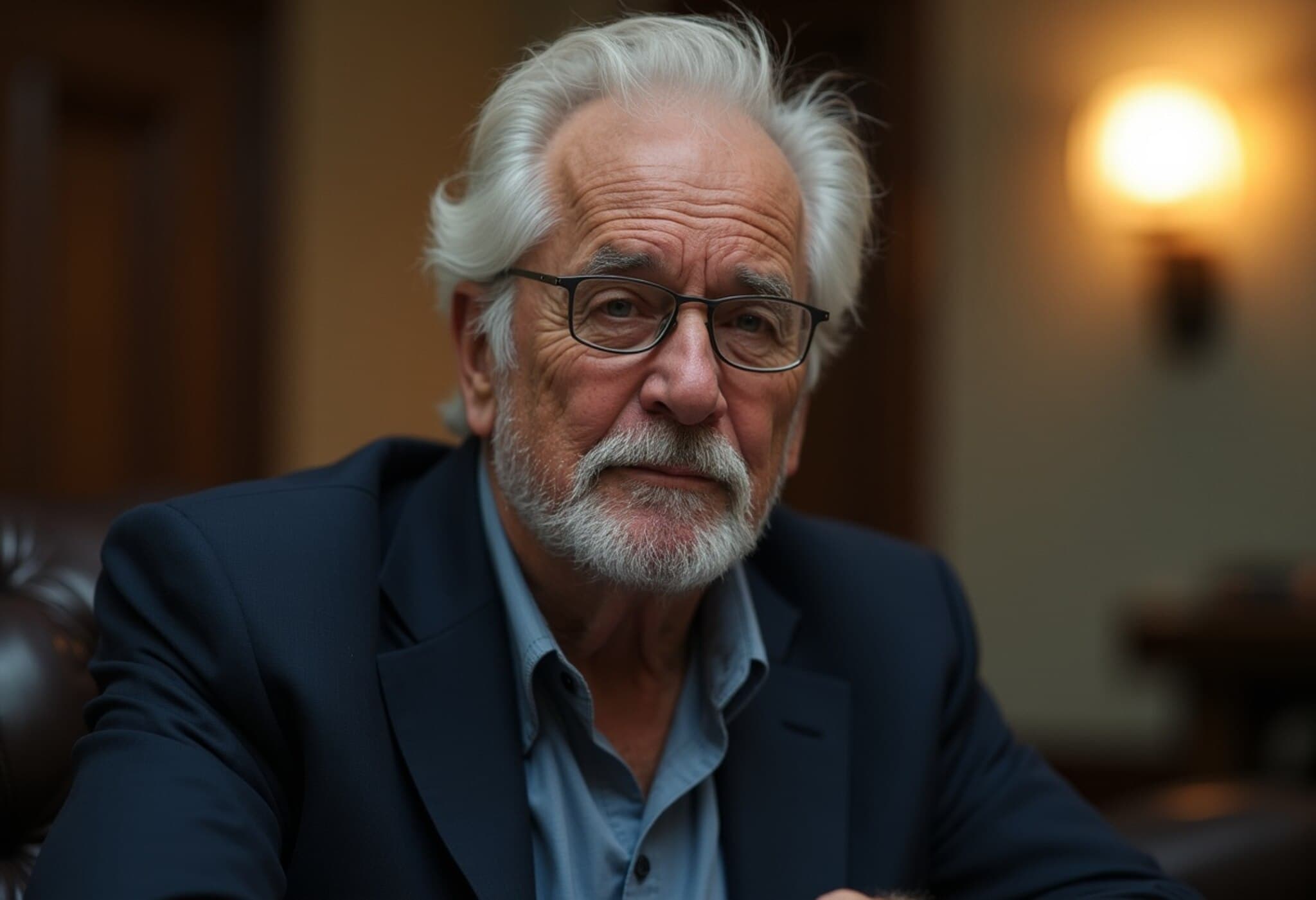Exploring the World’s Wealthiest Heirs in 2025: From Inheritance to Empire
Inheritance often conjures images of family keepsakes or modest legacies. Yet in the rarefied world of billionaires, inheritance frequently extends to multi-billion-dollar empires. According to Forbes’ latest 2024 Billionaires List, approximately one-third of the 3,028 billionaires worldwide inherited their wealth — collectively amassing an astonishing $5.3 trillion. This figure marks a $56 billion increase from the previous year, signaling that inheritance remains a potent force, even as self-made fortunes continue to surge.
Walton Siblings Dominate the Top Spot
Leading the pack are the Walton siblings—Rob, Jim, and Alice—the heirs to Walmart founder Sam Walton’s colossal retail empire. Each now boasts a net worth exceeding $100 billion. The Waltons control nearly 45% of Walmart, the world's largest retailer, symbolizing how inherited wealth can sustain and propel family influence across generations. Their approaches diverge: while Rob and Jim contributed decades of corporate leadership, Alice has channeled her resources into philanthropy and the arts, shaping cultural landscapes beyond commerce.
The Rise of Active Billionaire Heirs
Contrary to stereotypes of passive wealth, about 60% of billionaire heirs are actively scaling their inheritances—by either managing existing businesses or launching innovative ventures. A vivid example comes from Asia. Mukesh Ambani, India’s richest man, inherited a $2.8 billion stake in Reliance Industries in 2002 and expanded it into an immense business conglomerate valued at nearly $200 billion. His company spans sectors from petrochemicals to telecommunications, underscoring the transformative potential of visionary stewardship in inherited enterprises.
Younger Generations Are Joining the Billionaire Ranks
The new wave of heirs is notably younger. All 14 of the world’s youngest billionaires are heirs, including the 19-year-old Johannes von Baumbach, valued at $5.4 billion through his stake in the German pharmaceutical giant Boehringer Ingelheim. This trend raises intriguing questions about the roles that education, mentorship, and generational shifts play in preparing heirs for complex wealth management today.
Profiles of the Top 10 Richest Heirs
- Dieter Schwarz ($41 Billion) – The quietly influential German retail magnate behind Lidl and Kaufland, Schwarz transformed a family fruit wholesaling business into a retail powerhouse generating over $160 billion in annual revenue, all while avoiding the spotlight.
- John Mars & Jacqueline Mars ($42.6 Billion each) – Heirs to Mars Inc., they oversee a candy and pet food empire, balancing tradition with innovation. Jacqueline, notably, blends business with philanthropic pursuits and equestrian passion.
- Charles Koch & Family ($67.5 Billion) – Charles inherited a modest oil business, expanded it into Koch Industries, a vast conglomerate, and has leveraged his fortune to influence American free-market ideology and political philanthropy.
- Julia Koch & Family ($74.2 Billion) – Since inheriting stakes in Koch Industries, Julia has actively invested in sports franchises and philanthropic health initiatives, exemplifying modern wealth’s public and private impact.
- Françoise Bettencourt Meyers & Family ($81.6 Billion) – As L’Oréal’s heiress, she briefly became the first woman to cross the $100 billion net worth milestone, signaling breakthroughs in gender and wealth on a global scale.
- Mukesh Ambani ($92.5 Billion) – Ambani’s expansion of Reliance Industries cements his role as Asia’s wealthiest figure and an archetype of transforming inheritance into diversified, modern industry leadership.
- Alice Walton ($101 Billion), Jim Walton ($109 Billion), and Rob Walton ($110 Billion) – The Walmart heirs uniquely combined leadership, banking, and philanthropy, illustrating varied pathways for stewarding inherited fortunes within a singular family.
Underreported Narratives and Critical Reflections
While the glitz of vast wealth captivates headlines, several important undercurrents deserve attention:
- Wealth Inequality and Opportunity: The entrenched advantages that billionaire heirs possess raise pivotal questions about socioeconomic mobility and meritocracy in global economies.
- Younger Heirs' Preparation: With heirs entering wealth ranks at younger ages, the importance of education on governance, ethics, and social responsibility becomes paramount.
- Philanthropy versus Influence: The dual role of heirs as philanthropists and power brokers, especially in politically charged arenas, warrants nuanced scrutiny.
- Global Economic Impact: The concentration of wealth in family dynasties across continents affects market dynamics, regulatory landscapes, and consumer choices worldwide.
Conclusion: Inheritance as a Launchpad—Not a Finish Line
The 2025 landscape of billionaire heirs exemplifies that inheritance is often just the beginning, not the end, of wealth creation. Their stories underscore the evolving responsibilities of dynastic wealth—from catalyzing innovation to shaping cultural and political narratives. For policymakers and the public alike, understanding these dynamics is essential to framing debates on taxation, governance, and economic fairness.

